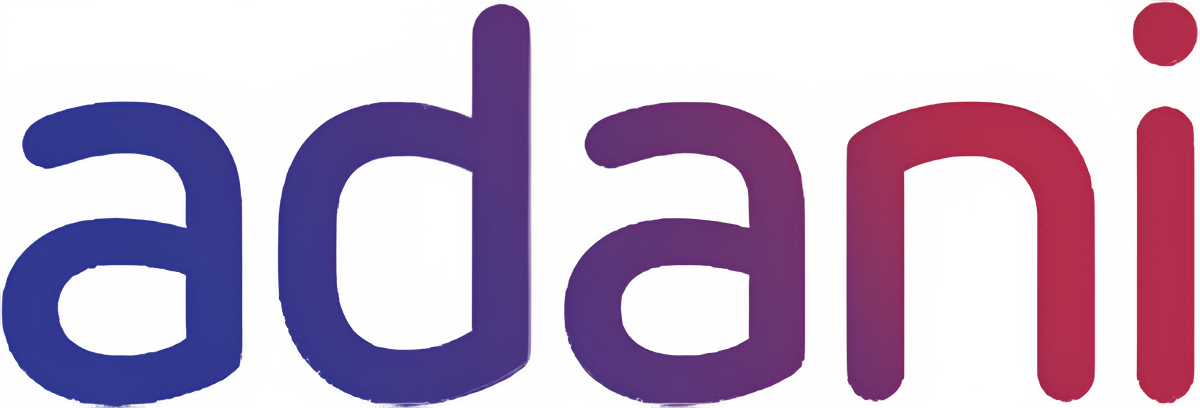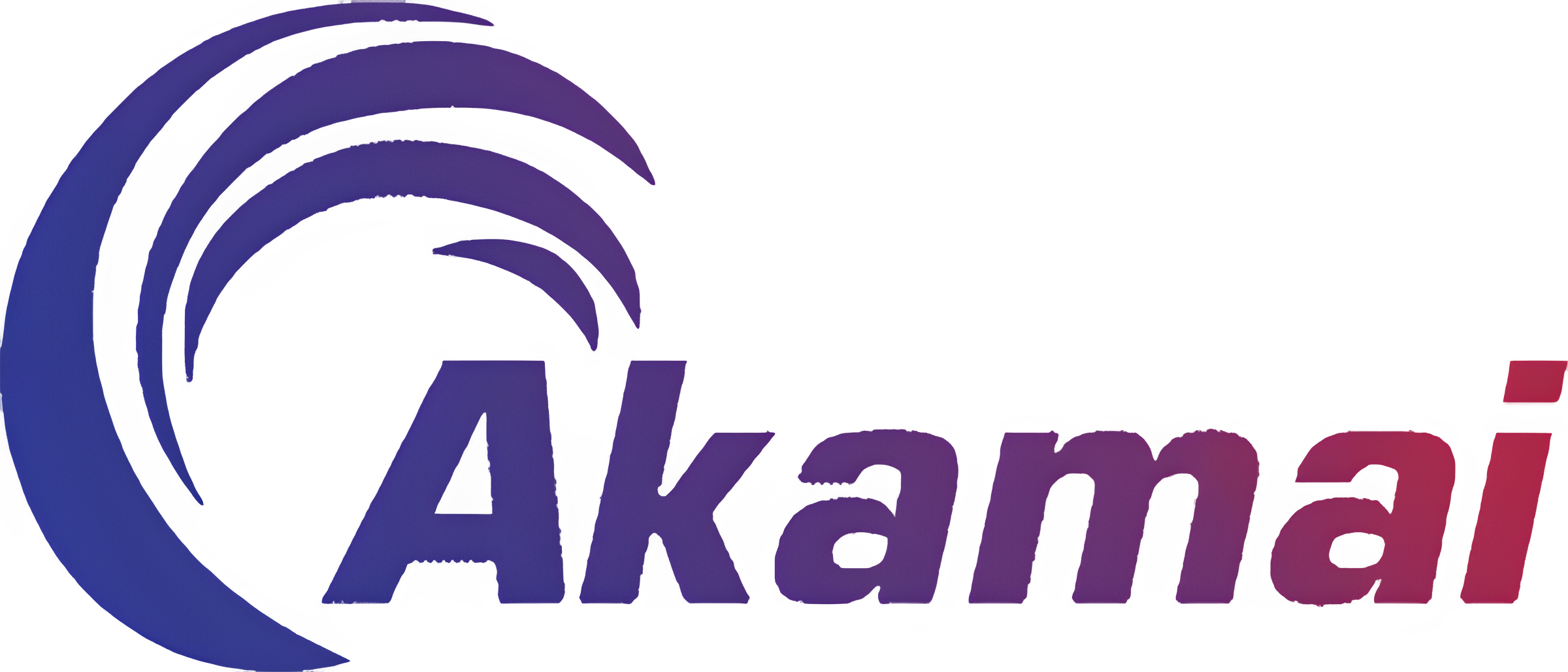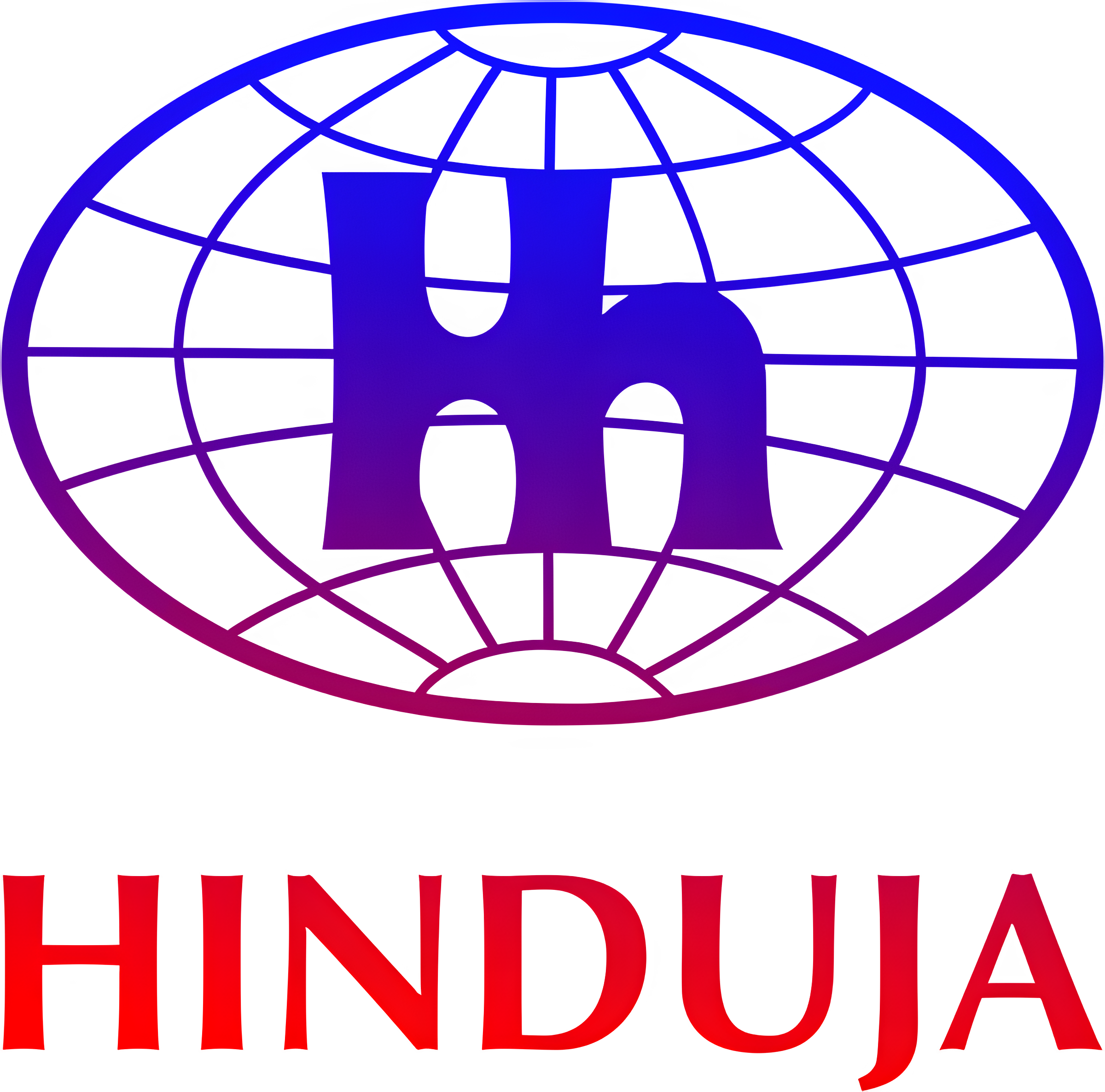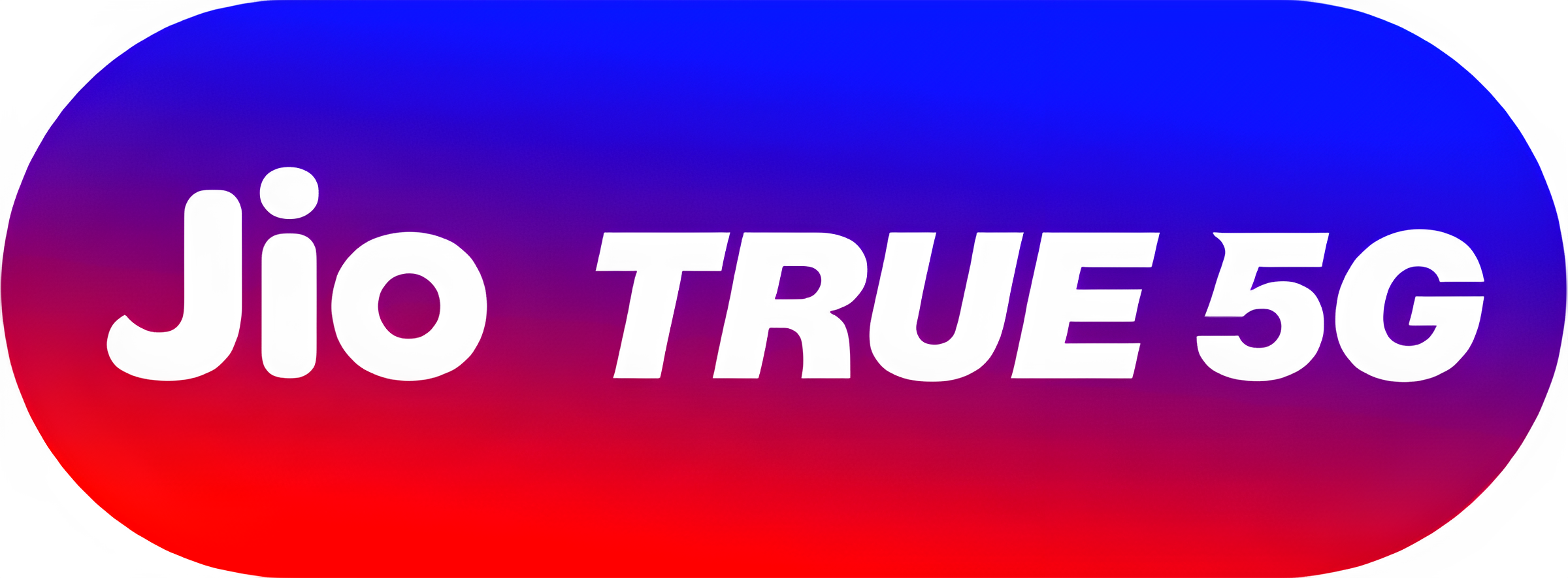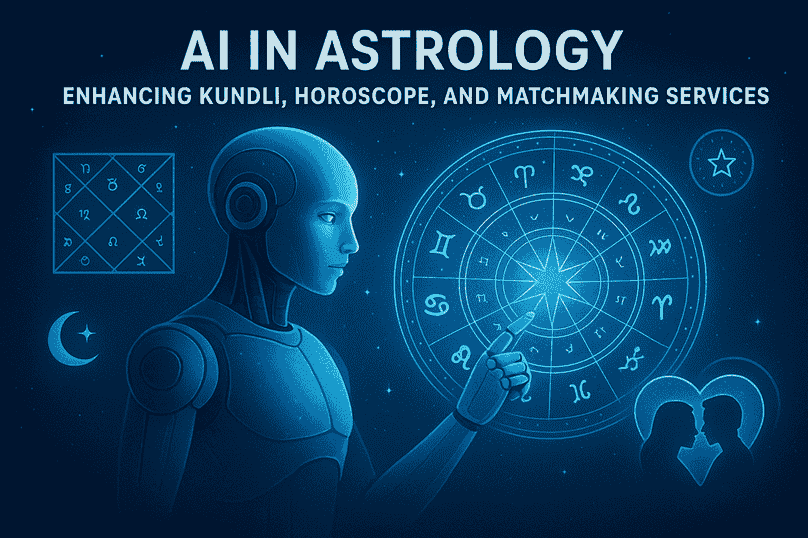AI in Astrology: Enhancing Kundli, Horoscope, and Matchmaking Services
Astrology has always been a blend of precise calculation and human interpretation. Today, artificial intelligence (AI) is reshaping both sides of that equation — the accuracy and speed of computations, and the ways insights are communicated to users. From automated Kundli generation to deeply personalized horoscopes and intelligent matchmaking, AI gives developers and astrologers tools to build richer, more reliable products. For teams building these products, partnering with a capable astrology app development company or an astrology software development company can turn an idea into a trustworthy, scalable service. Dinoustech has worked with clients on consumer-oriented spiritual products, and the intersection of AI and astrology is one of the most fertile areas for both innovation and careful product design.
Why AI matters to modern astrology products
Astrology apps used to be simple calculators and static reports. That model still has value, but it doesn’t meet modern user expectations for speed, personalization, and context. AI enables apps to analyze large datasets of user interactions, refine language for different audiences, and surface the most relevant insights in seconds. A horoscope app development company that embeds AI can offer daily predictions tailored to a user’s recent life events, surface trends across a user’s historical charts, and even flag inconsistencies in input data that could compromise calculation accuracy. The result is a product that feels more conversational and responsive while still grounded in validated astrological computations — an outcome best delivered by teams that combine domain expertise (astrologers) with technical depth (a full stack development company and a mobile app development company).
How AI improves Kundli generation and validation
At its core, Kundli generation is an exercise in precise astronomy and calendar math: converting birth time and place into planetary positions, house placements, and divisional charts. AI is not replacing these calculations; rather, it augments the pipeline around them. Machine learning models can predict common input errors — such as swapped AM/PM times or implausible birthplaces — and prompt users for clarification. AI can flag edge cases, such as historical births that require special calendar conversions, so the astrology software development company can route those to expert review. Natural language generation (NLG) systems then transform raw planetary data into readable interpretations that vary in depth depending on whether a user is a novice or an advanced student of astrology. These enhancements reduce user confusion, improve trust in results, and scale expert-level explanations to thousands of daily requests.
Personalizing horoscopes with contextual intelligence
Generic daily horoscopes are inexpensive to produce but often feel shallow. AI enables personalization at scale by combining chart factors with user behavior, preferences, and real-world context. For example, a horoscope app development company can build models that incorporate recent life events recorded by the user (a job change, travel, or a relationship milestone) to tailor language and prioritized suggestions. Sentiment analysis on user feedback can help refine tone and length across demographic segments. More advanced systems can use reinforcement learning to identify which advice leads to higher user satisfaction, then optimize future forecasts accordingly. The key is balancing personalization with respect for user privacy — a design and engineering challenge that a conscientious software development company understands and implements responsibly.
AI-driven matchmaking and Kundli compatibility enhancements
Matchmaking is where astrology and AI naturally converge. Traditional Kundli matching methods (like Guna Milan) are domain-specific and valuable, but they can be augmented by AI-driven behavioral signals. An AI-enhanced matchmaking engine combines classic compatibility scores with signals such as communication style inferred from messages, common interests, and engagement patterns. This hybrid model helps surface matches that are not only astrologically compatible but also more likely to produce meaningful interaction based on observed behavior. A kundli matching app development company that integrates both deterministic astrological rules and probabilistic machine-learning signals produces match recommendations that feel both authentic and pragmatic to users. Further, explainable AI techniques let the app show which factors — astrological or behavioral — contributed to a recommended match, preserving transparency and user trust.
Data sources, model training, and the accuracy trade-offs
AI’s promise depends on data quality and thoughtful model training. Astrology apps rely on astronomical ephemerides, validated astrological rules, and user-generated data. When training models, teams need to avoid biases and overfitting to noisy behavior signals. For instance, relying solely on in-app messaging data from one region may produce skewed recommendations for users in another cultural context. A full stack development company plays a central role in establishing robust data pipelines, ensuring that training datasets are representative and that test sets reflect real-world diversity. Moreover, model evaluation should include astrologer-in-the-loop validation, where domain experts audit model outputs and correct systematic errors. These checks help keep the system accurate and culturally sensitive while allowing models to improve through controlled, measurable iterations.
UX, conversational AI, and how mobile apps benefit
AI-powered conversational interfaces — chatbots, voice assistants, and guided onboarding flows — transform how users interact with astrological services. Instead of reading dense reports, users can ask clarifying questions about their Kundli, request simpler explanations, or book consultations with a human astrologer directly from the chat. A mobile app development company can integrate lightweight on-device models for fast replies and use server-side AI for computation-heavy tasks, balancing responsiveness with security and scalability. The user experience should be designed to support different user intents: someone who wants a quick compatibility score, another who seeks a deep yearly forecast, and a third who prefers live consultation. When executed well, conversational AI reduces friction, increases retention, and creates natural upgrade opportunities for premium consultations or detailed reports.
Privacy, ethics, and responsible AI in astrology
Astrological data is personal even if it’s not medical; birth times, locations, and relationship histories are sensitive. Responsible handling of this data must be a core design principle. A software development company must architect systems with strong encryption, clear consent flows, and granular data controls that let users export or delete their data. Ethically, AI systems should avoid deterministic, harmful statements presented as absolute facts — for example, definitive claims about someone’s life trajectory. Instead, responsibly designed systems present probabilistic interpretations and encourage users to consult a human astrologer for life-altering decisions. Equally important is bias mitigation: ensure that AI models do not reflect or amplify cultural prejudices. A reputable astrology app development company in India or elsewhere will incorporate privacy-by-design and an ethical AI charter into the product roadmap.
Implementation roadmap: partners, stack, and maintenance
Turning an AI-augmented astrology idea into a reliable product requires cross-functional partners. Early-stage teams often start with an astrology software development company to validate calculation engines and build an initial backend. A mobile app development company then develops native or cross-platform clients with careful attention to onboarding and input accuracy. For cohesive delivery, a full stack development company can manage API design, model hosting, and integration points for conversational AI and video consultations. An affordable web design company might build the public-facing website and marketing funnels, while a software maintenance company ensures long-term uptime, security patches, and model retraining schedules. Dinoustech, for example, can orchestrate these pieces—helping define the MVP, coordinate astrologer validation, and scope ongoing maintenance so the product remains secure and performant as usage grows.
Future directions: augmented insights and hybrid human-AI workflows
The next wave of innovation blends AI predictions with human expertise in seamless workflows. Imagine a system that produces an initial Kundli interpretation, highlights ambiguous areas, and then routes those cases to astrologers who refine the narrative. AI can assist astrologers by pre-drafting reports, aggregating historical cases, and suggesting narrative tones tailored to the user. Augmented analytics can surface population-level trends for research or product personalization while preserving user anonymity. Advances in multimodal models could let users upload voice notes or diary entries that the system uses to contextualize forecasts. The future of astrology apps is collaborative: AI scales routine tasks and personalization, while human experts ensure cultural authenticity and ethical guardrails. Working with the right partners — an astrology app development company, an astrology software development company, and experienced full stack engineers — makes this hybrid vision practical and sustainable.

